Dustin Yellin’s “Psychogeographies” series is not your typical art exhibition. Instead of painting on canvas, Yellin utilizes meticulously crafted layers of glass, each containing a myriad of everyday objects. From vintage photographs to children’s toys, these seemingly disparate elements coalesce into captivating, three-dimensional figures. But Yellin’s true genius lies in the way these sculptures transcend the physical realm, transforming into portals to the human psyche.
The fragmented nature of the glass pieces mirrors the complexities of the human mind. Each layer represents a facet of our being – a cherished memory, a fleeting dream, a nagging fear. By peering into these intricate works, we are invited to embark on a journey of introspection, confronting the kaleidoscope of emotions and experiences that make us who we are. Yellin’s art is not merely visually arresting; it compels us to grapple with the mysteries of our own consciousness.
The use of glass in “Psychogeographies” is particularly significant. Glass, by its very nature, is both transparent and reflective. It allows us to see through to the inner world of the sculptures, while simultaneously providing a distorted reflection of ourselves. This interplay between clarity and obscurity is a powerful metaphor for the human condition. We strive to understand ourselves, yet our true essence remains ever-elusive, shrouded in layers of perception and experience.
Yet, there is a profound sense of hope embedded within “Psychogeographies.” By confronting the fragmented nature of our being, we begin to appreciate the intricate beauty of our inner landscapes. Yellin’s sculptures remind us that the very things that make us unique – our vulnerabilities, our dreams, our contradictions – are the wellspring of our humanity.
More info: Website, Instagram.
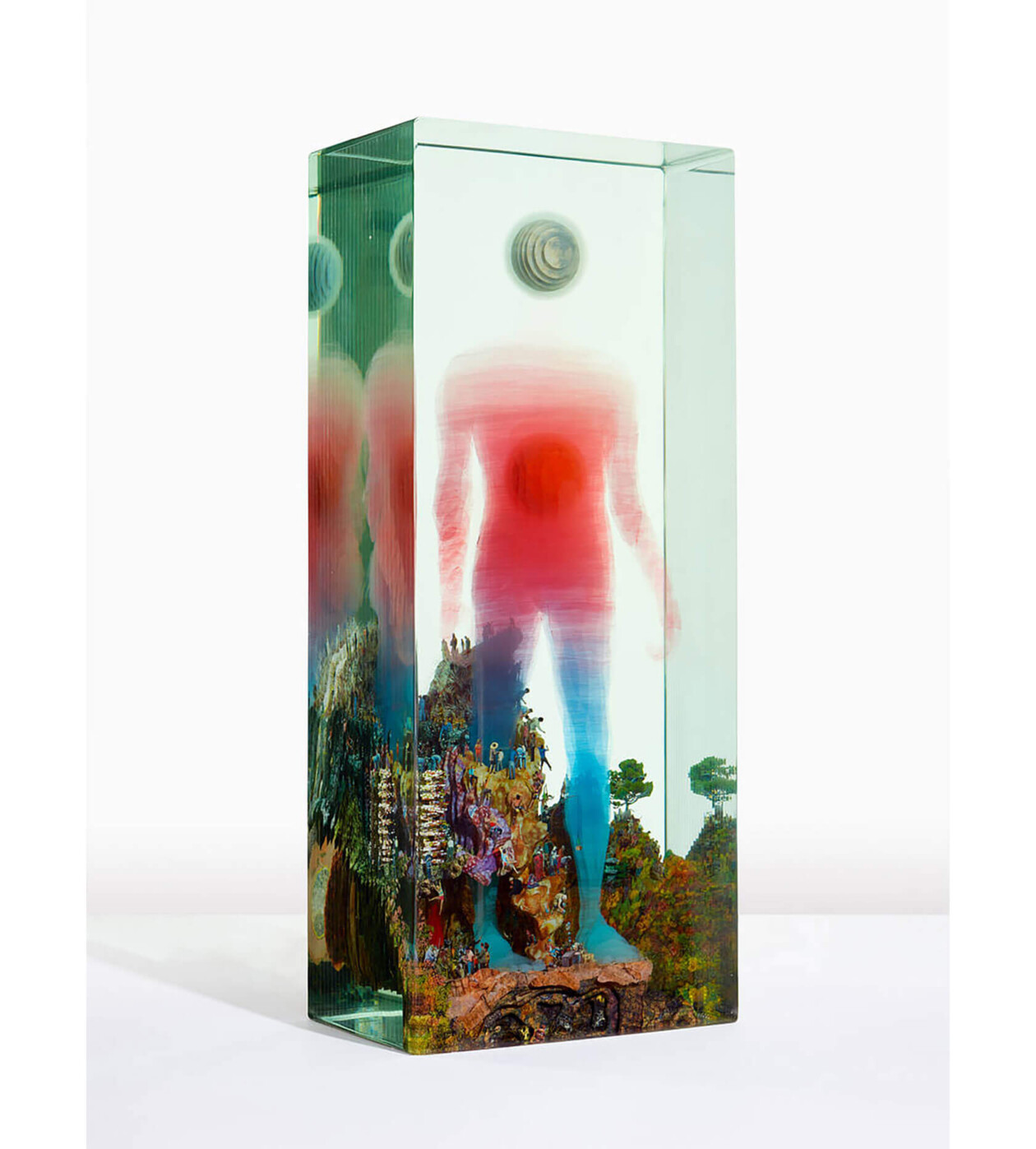
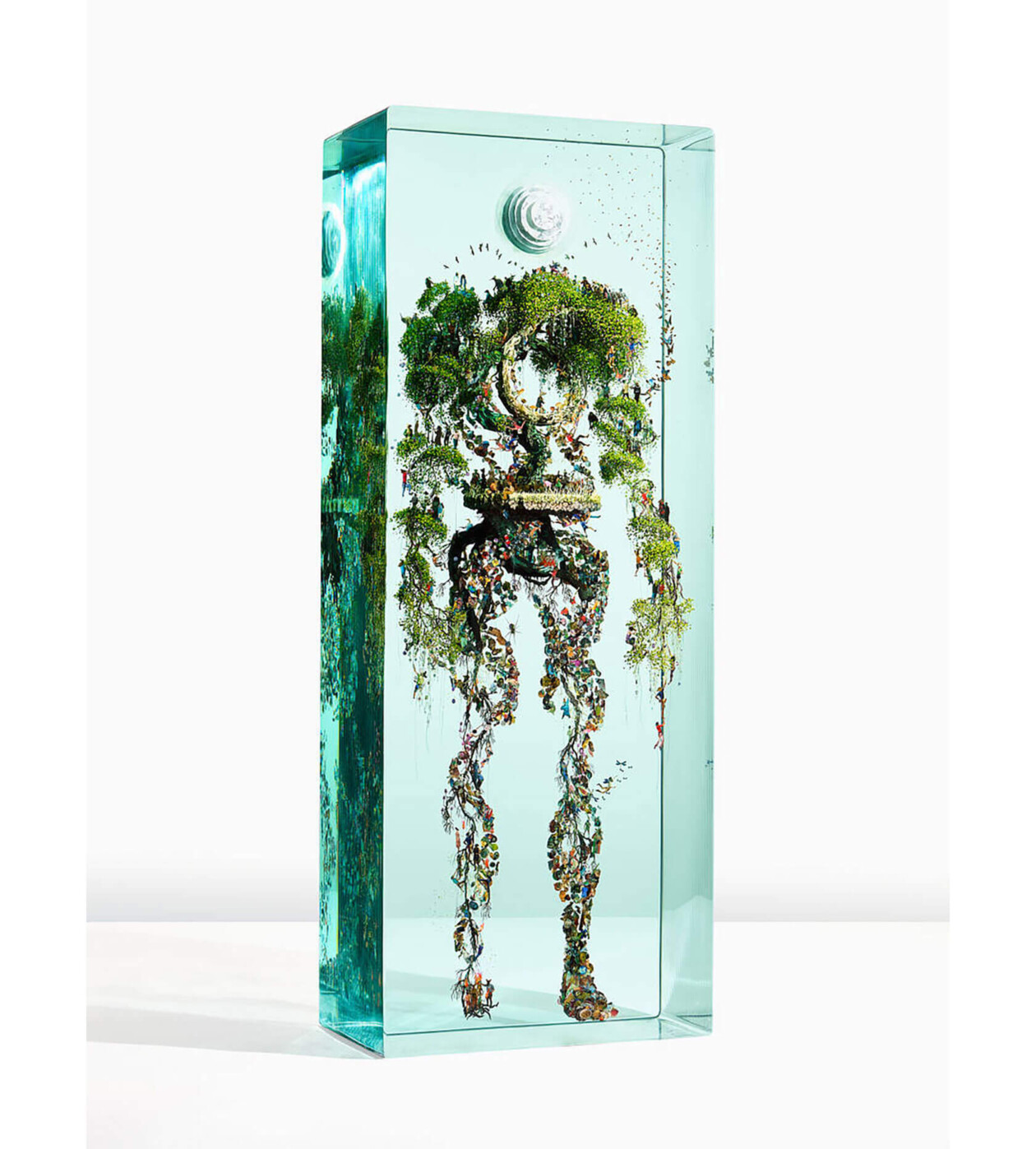
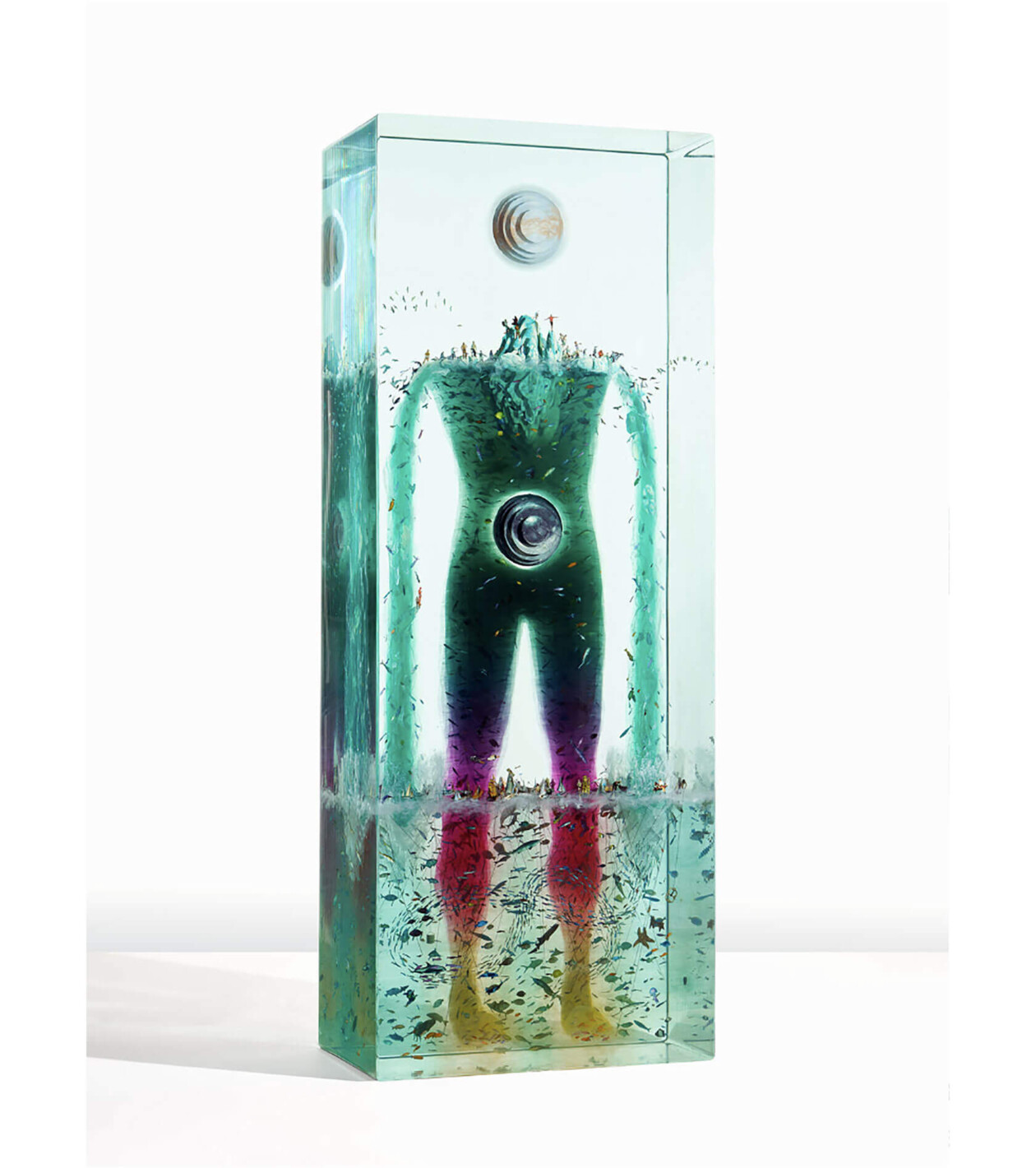
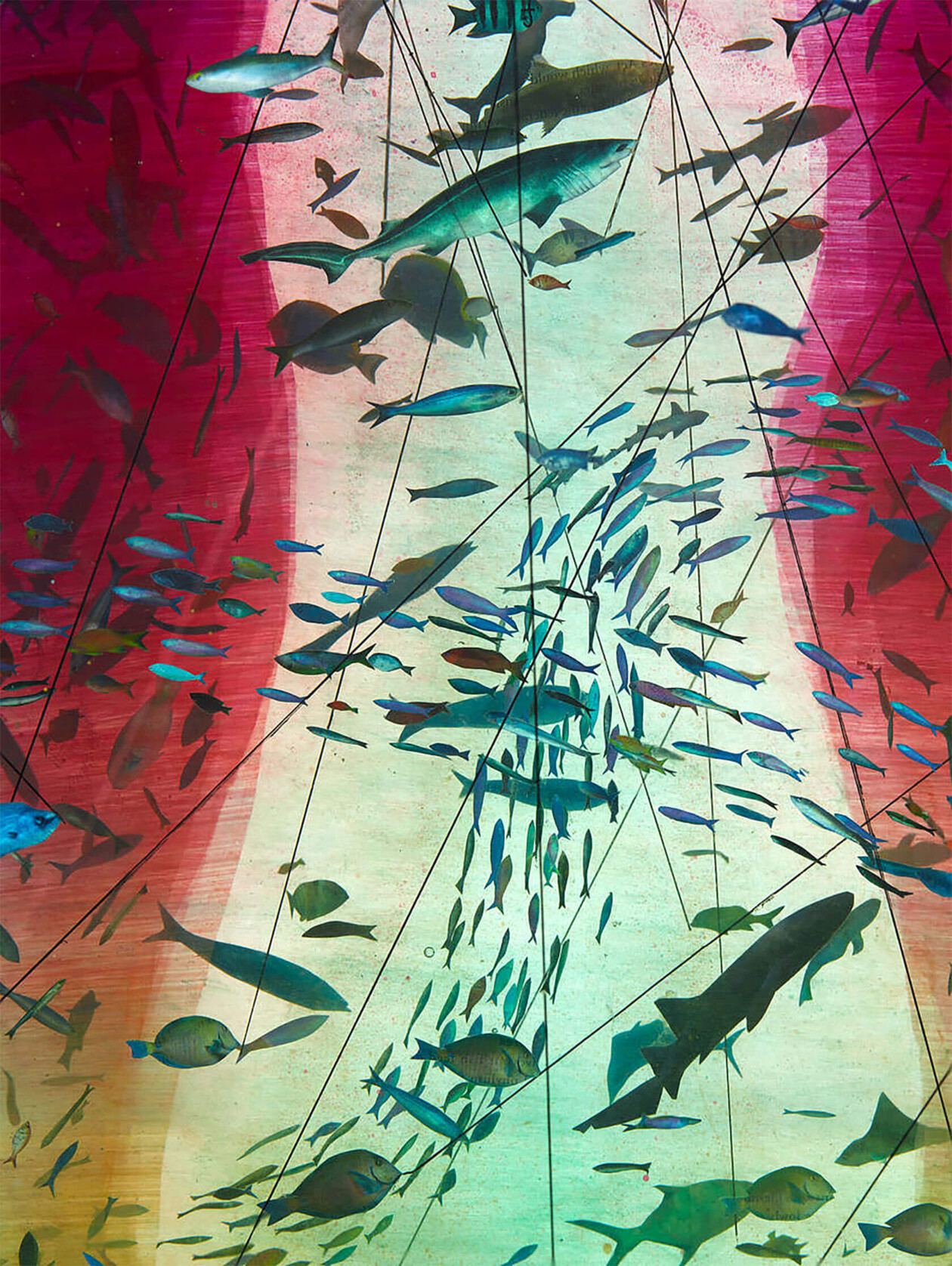
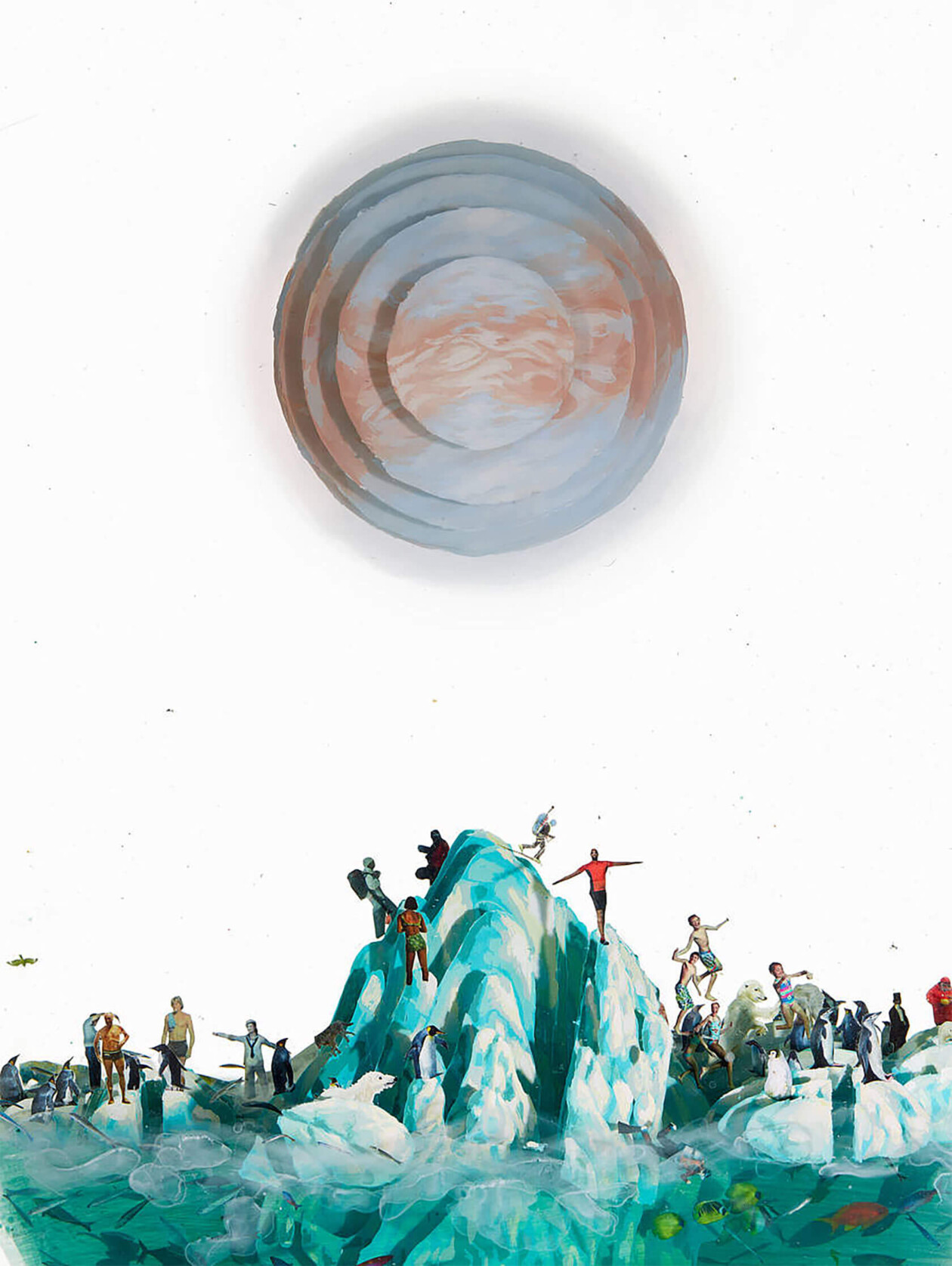
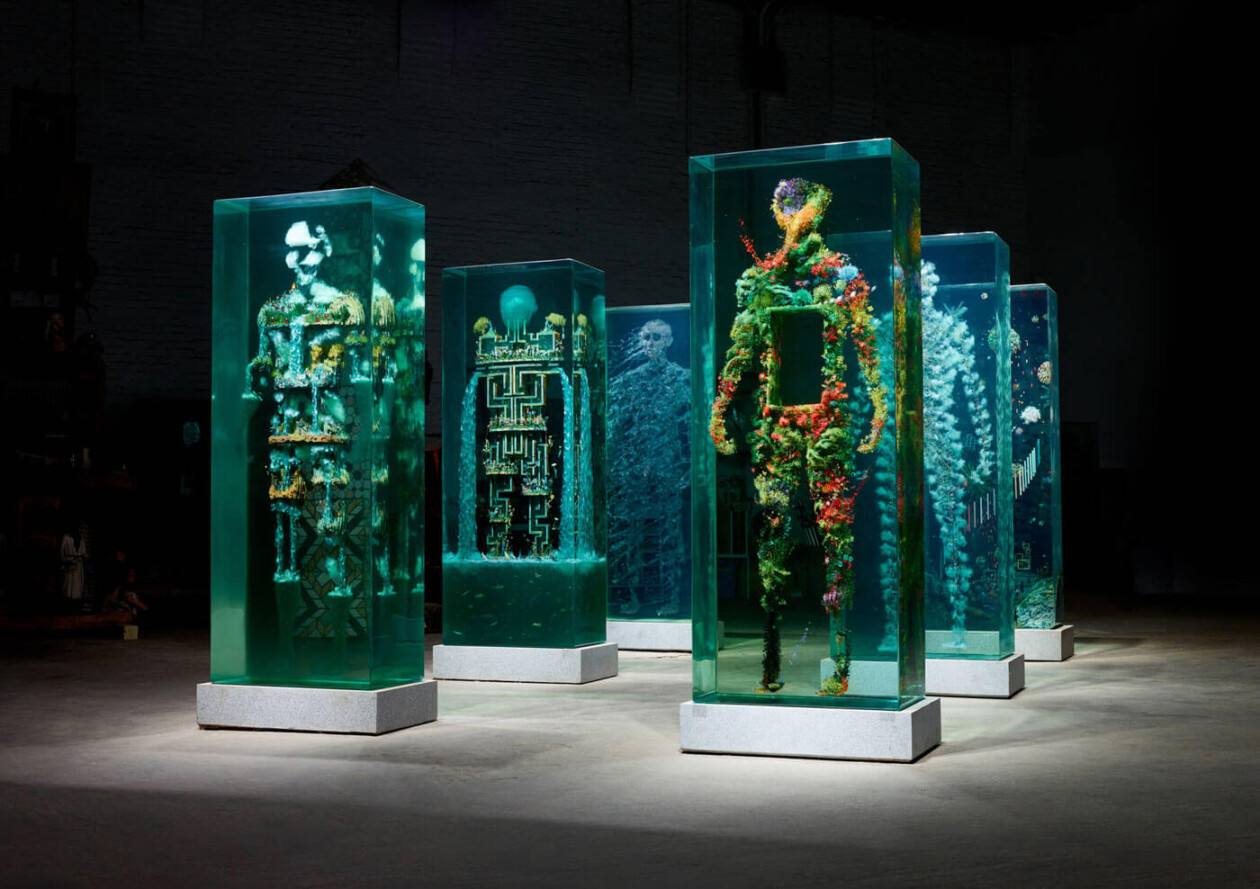
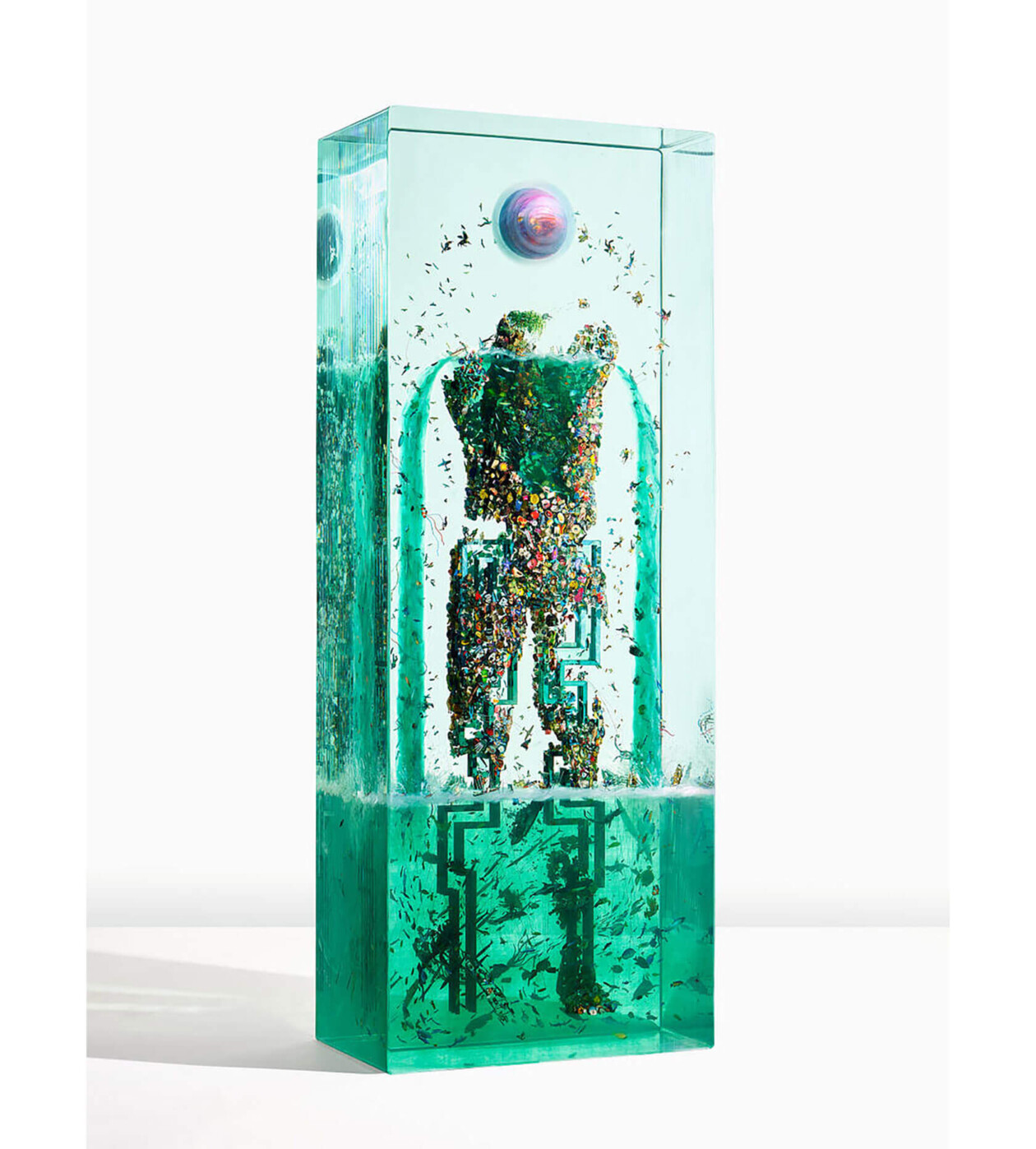
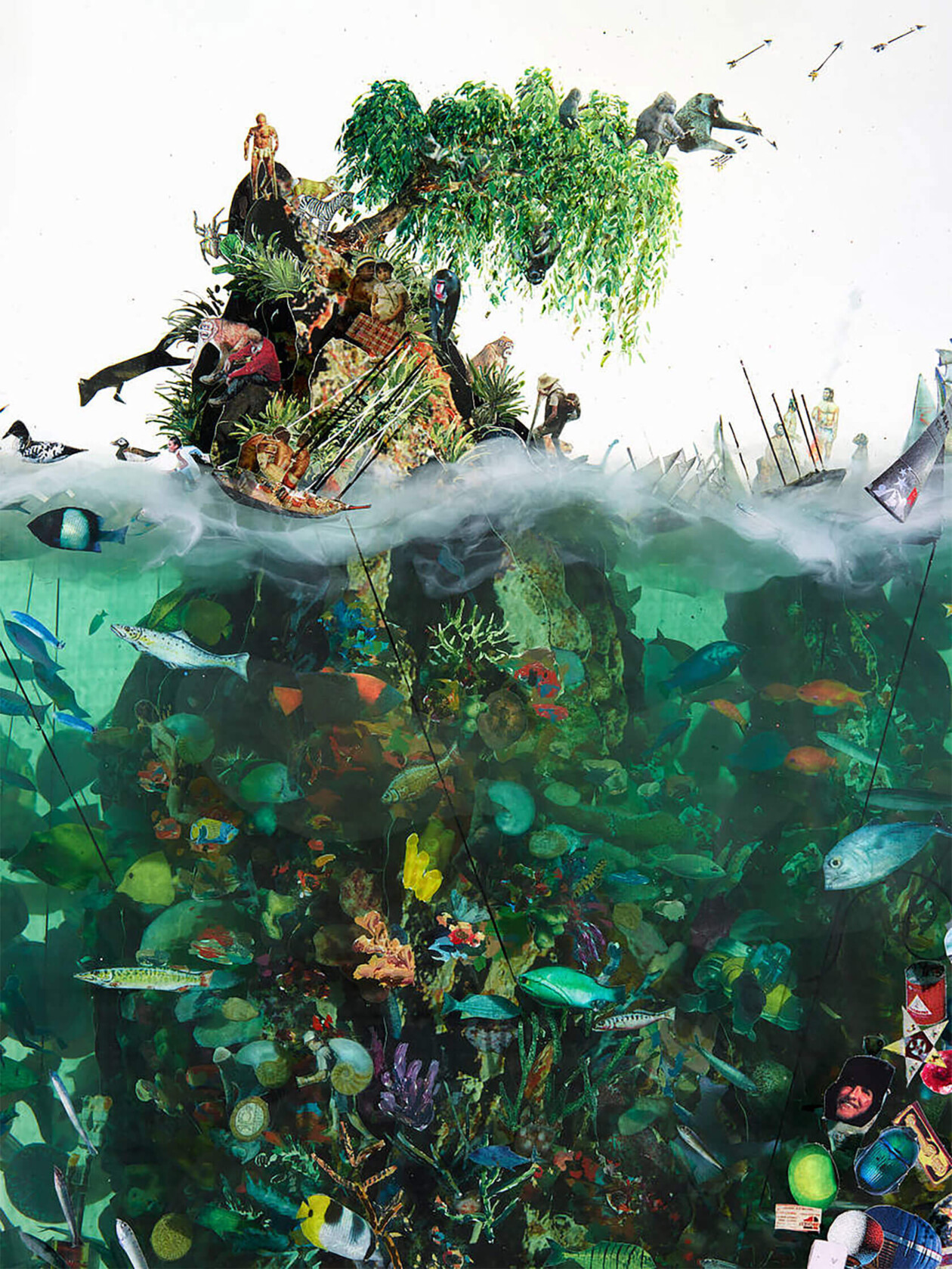
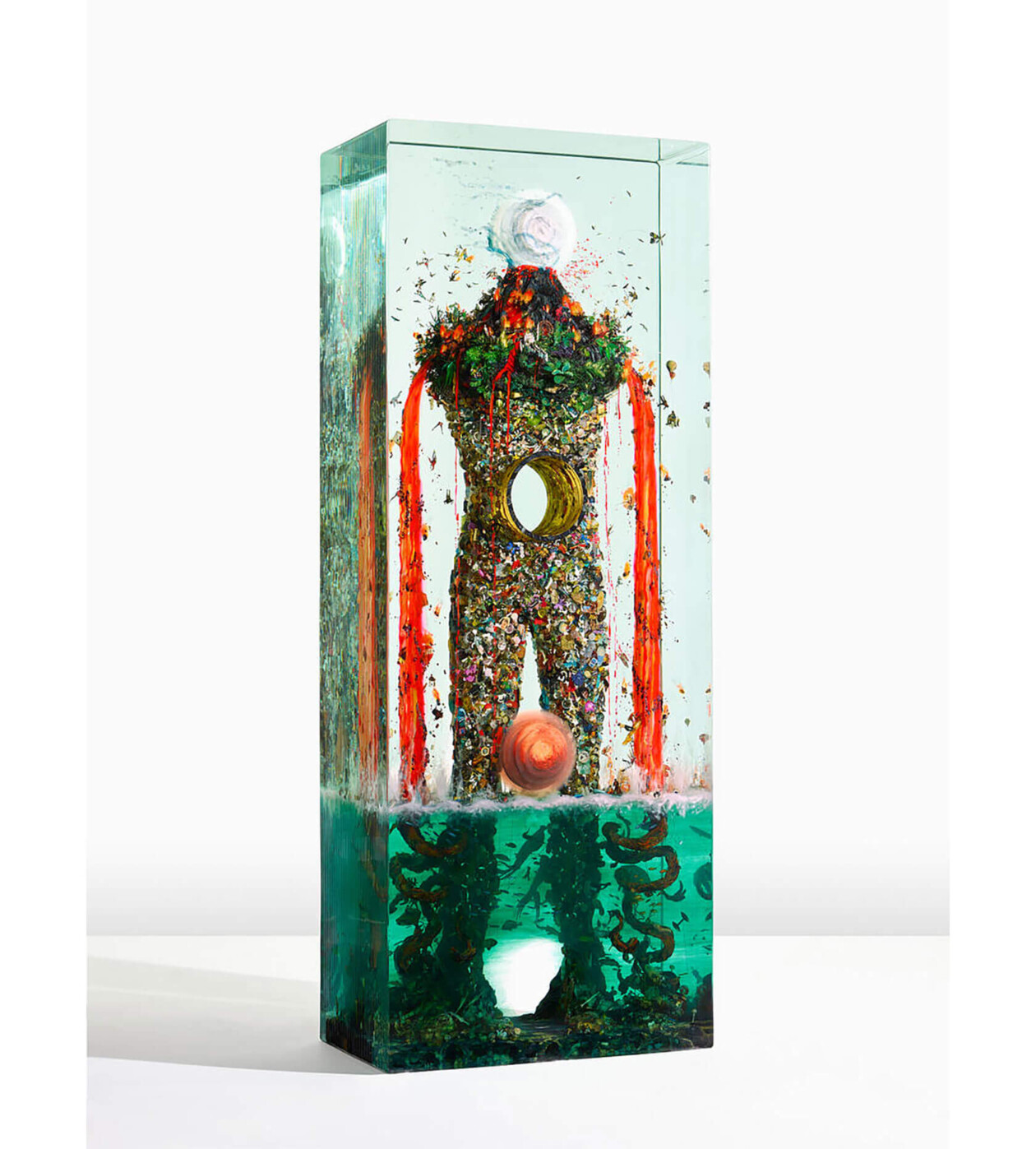
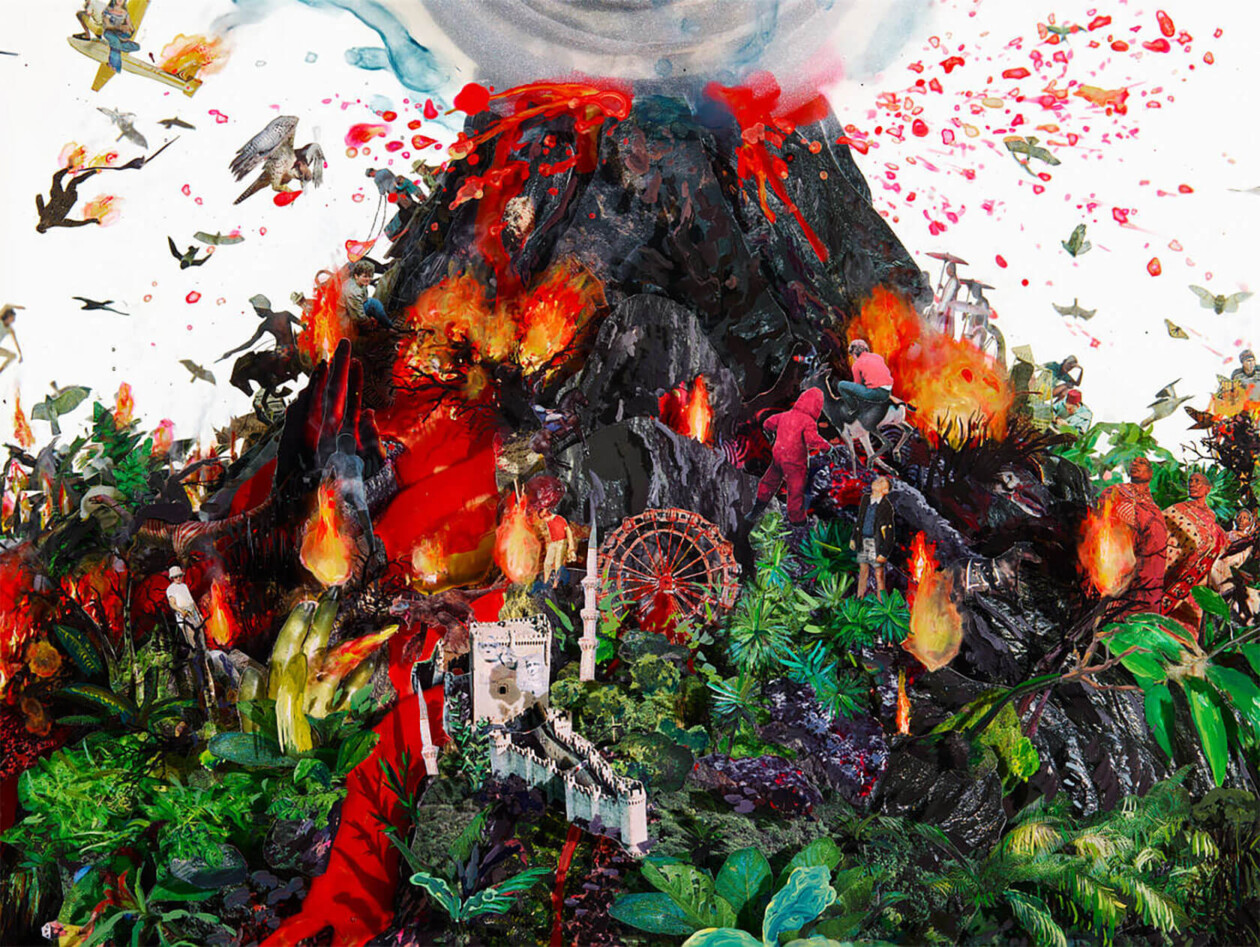
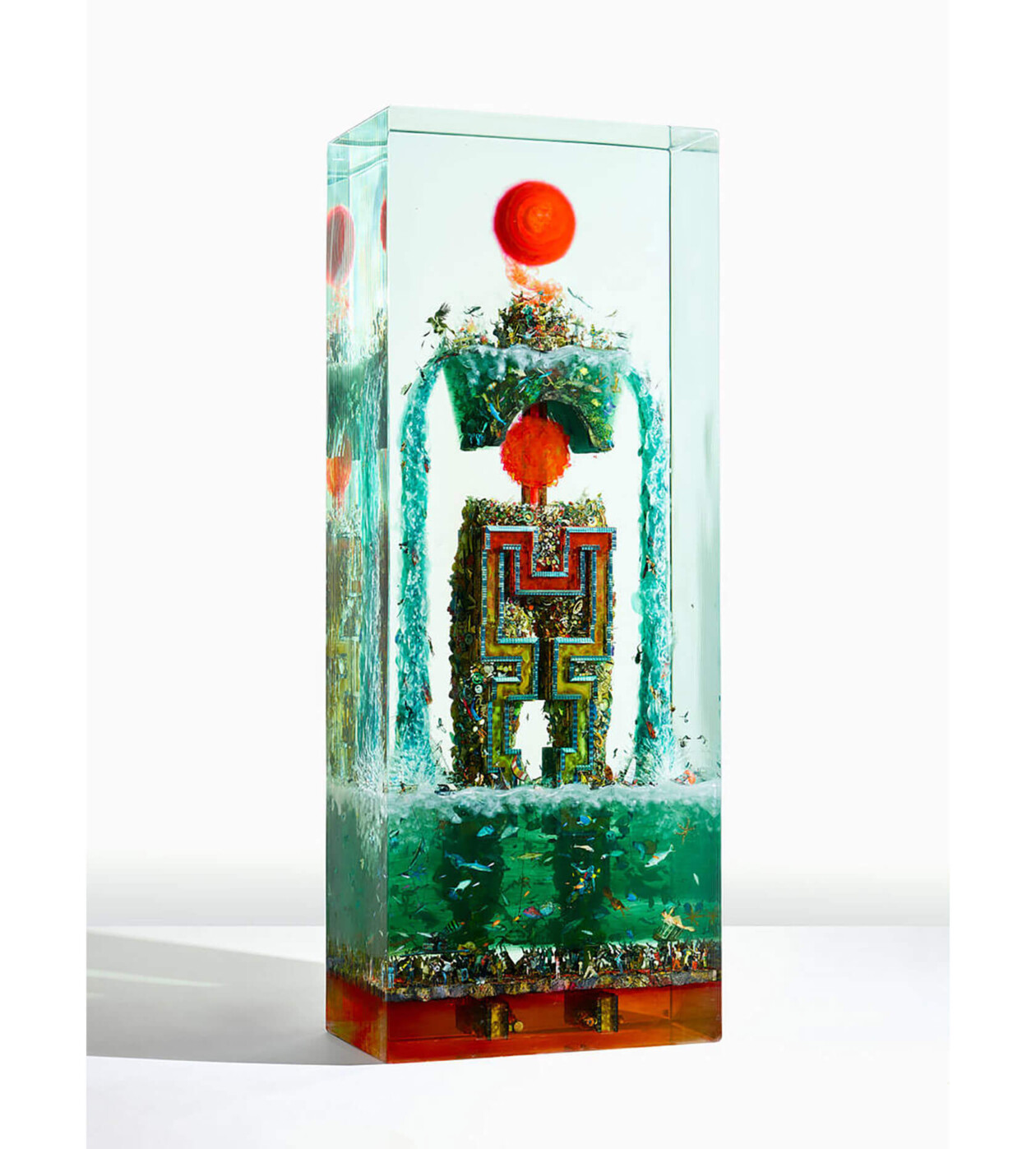
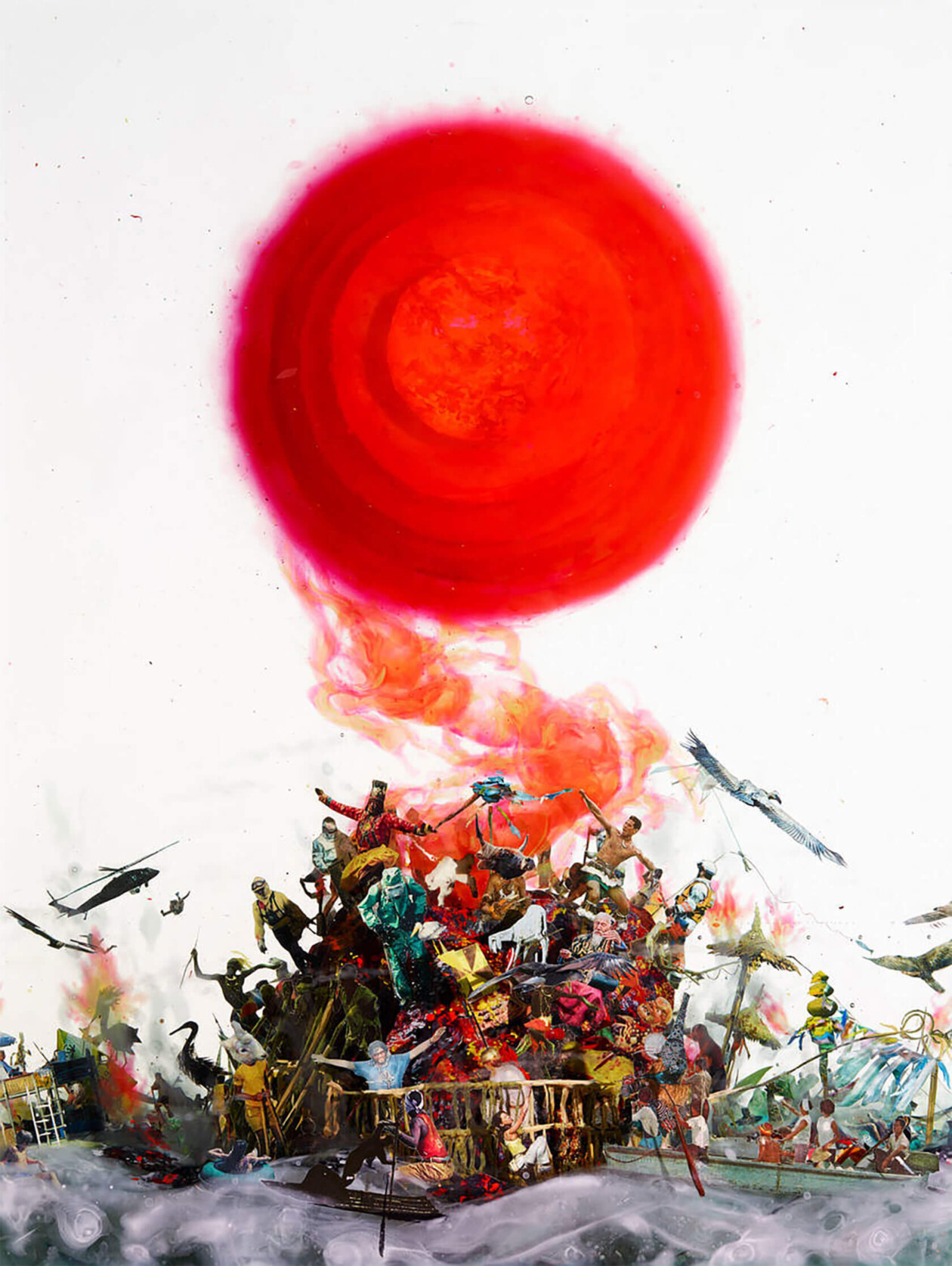
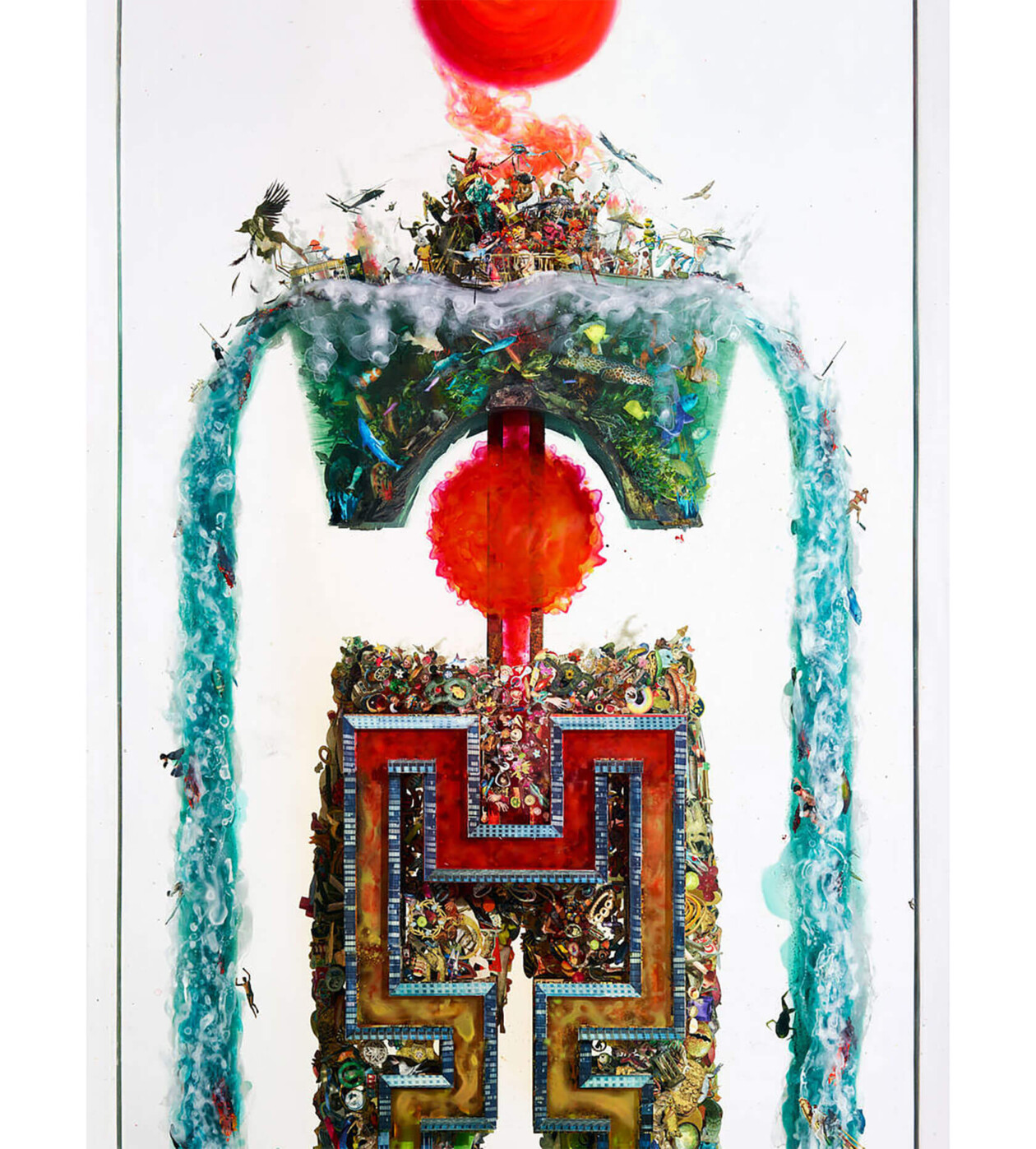
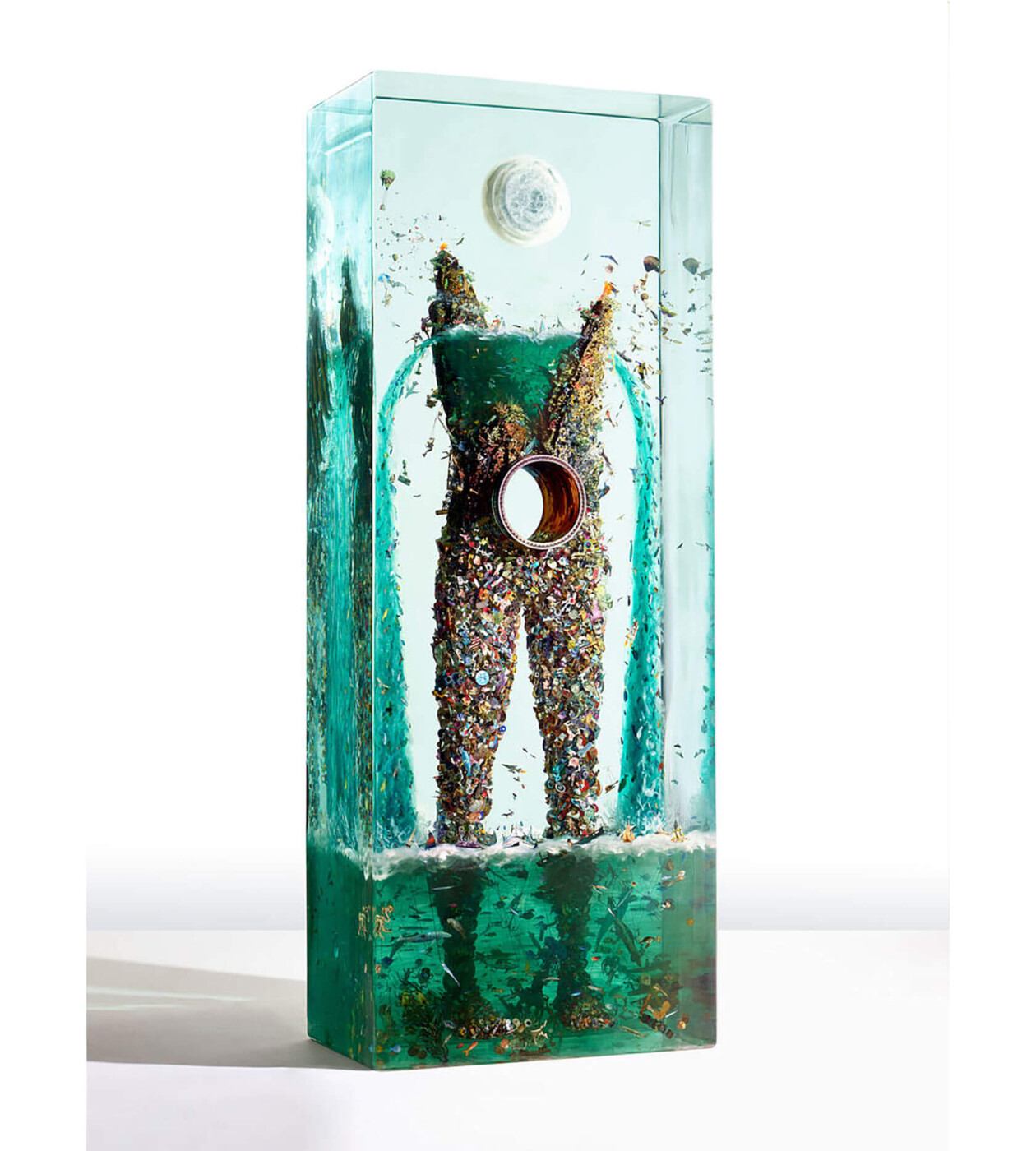
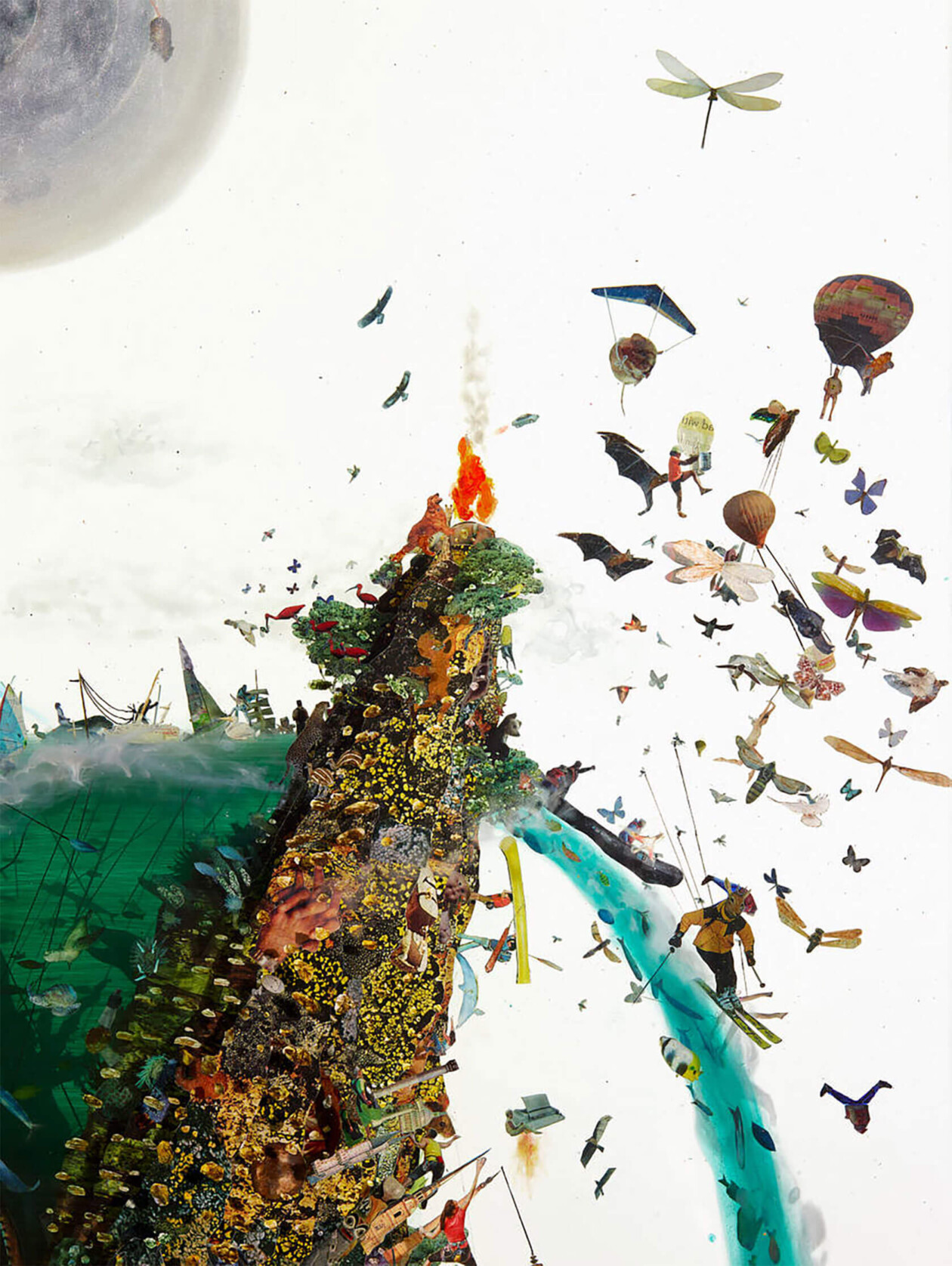
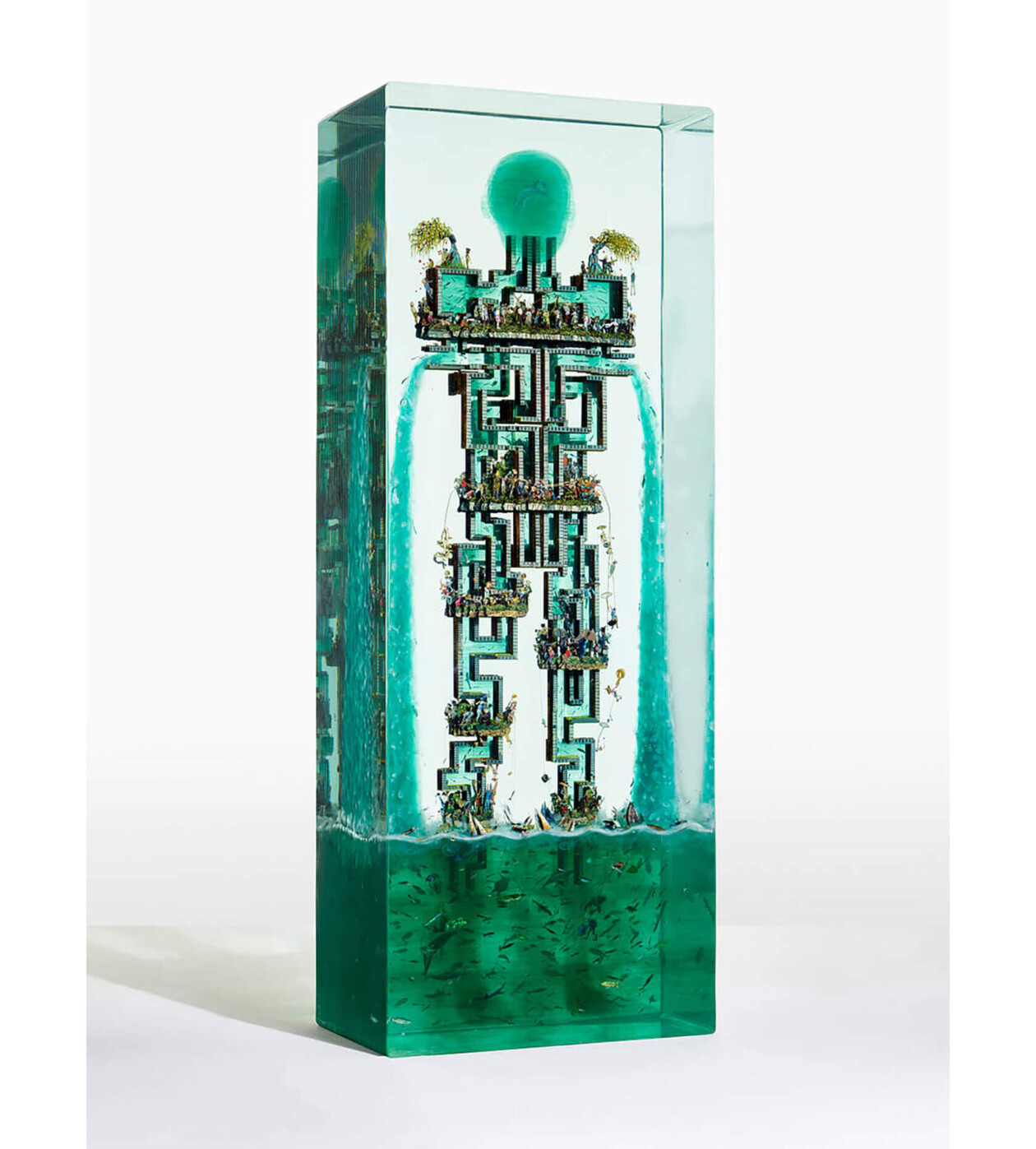
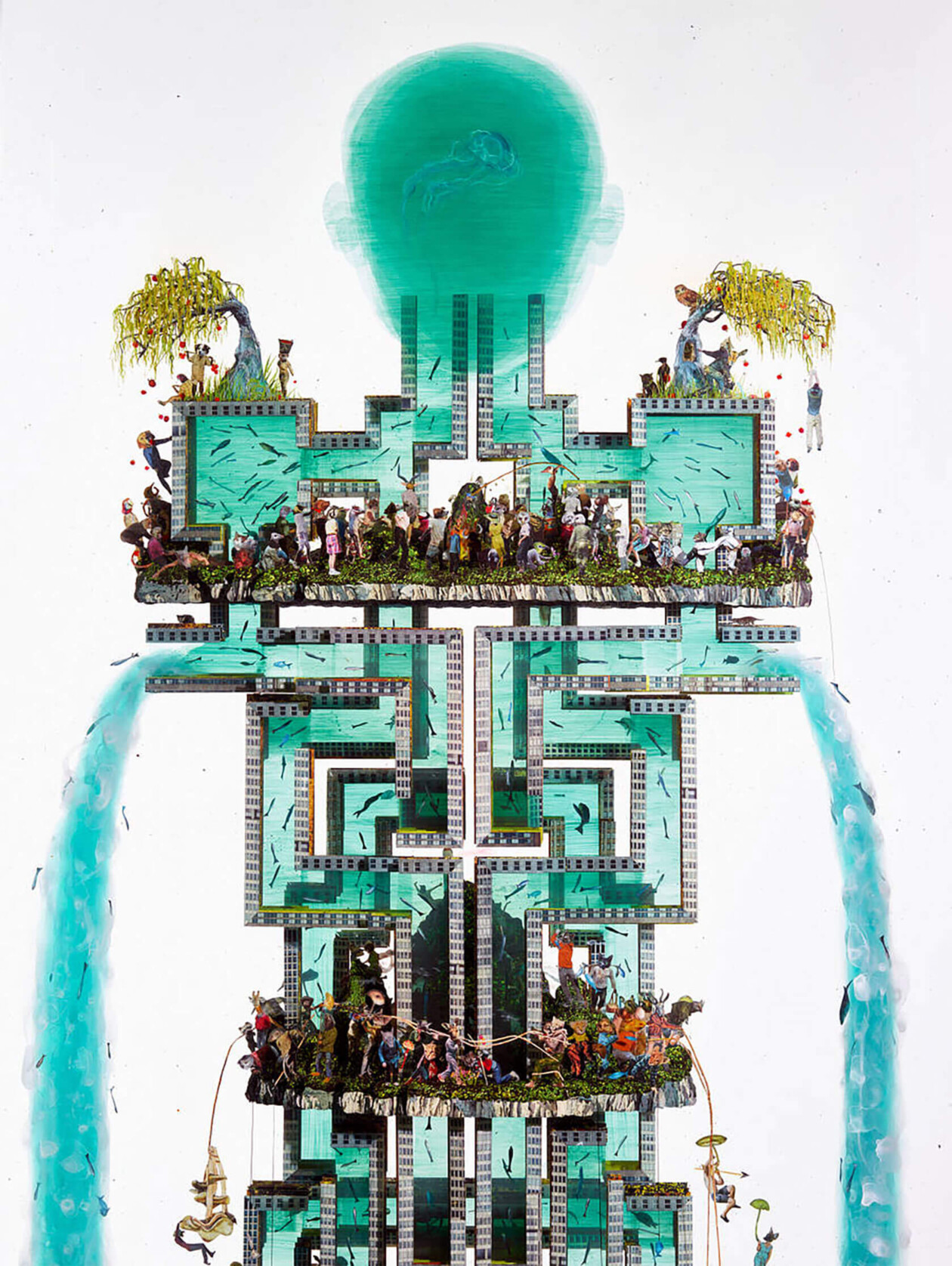
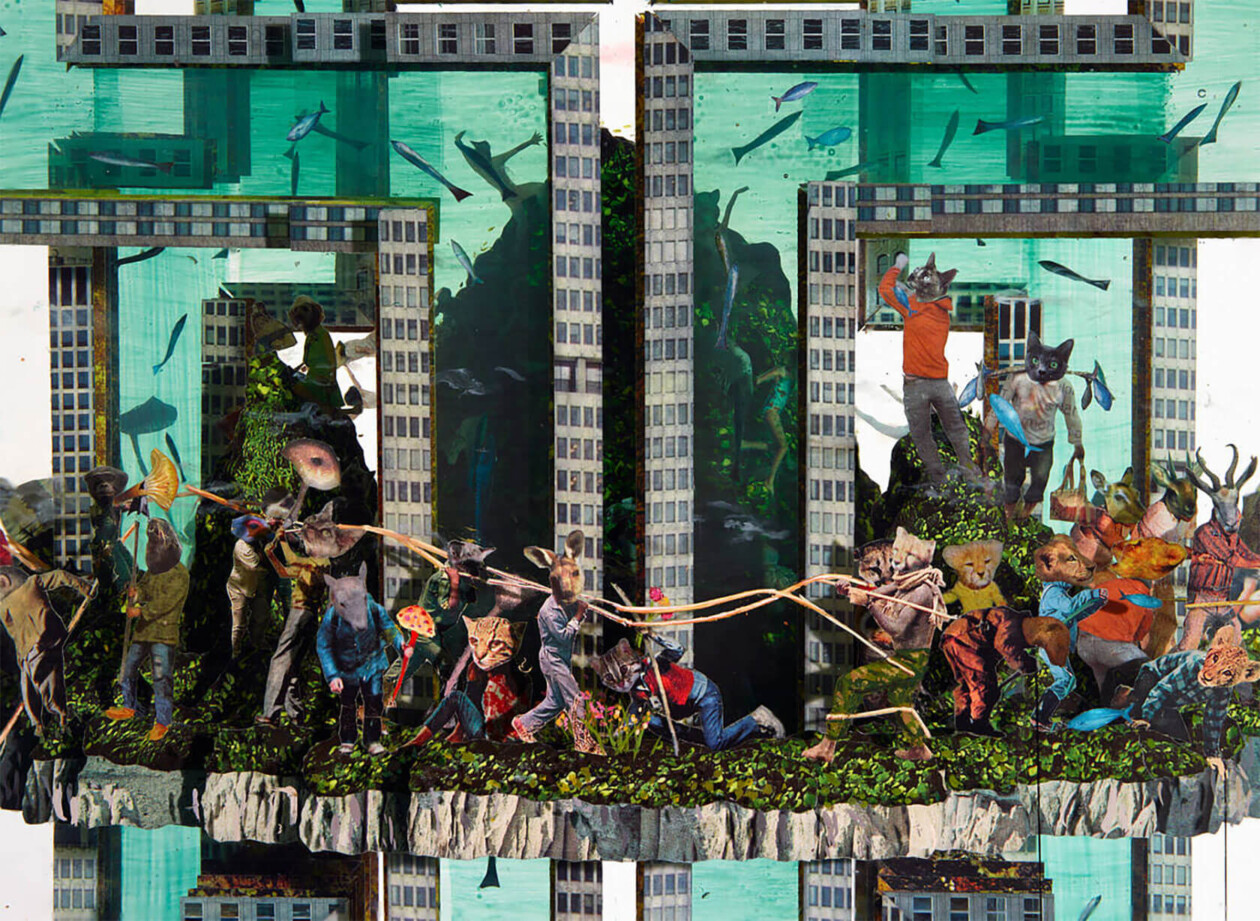
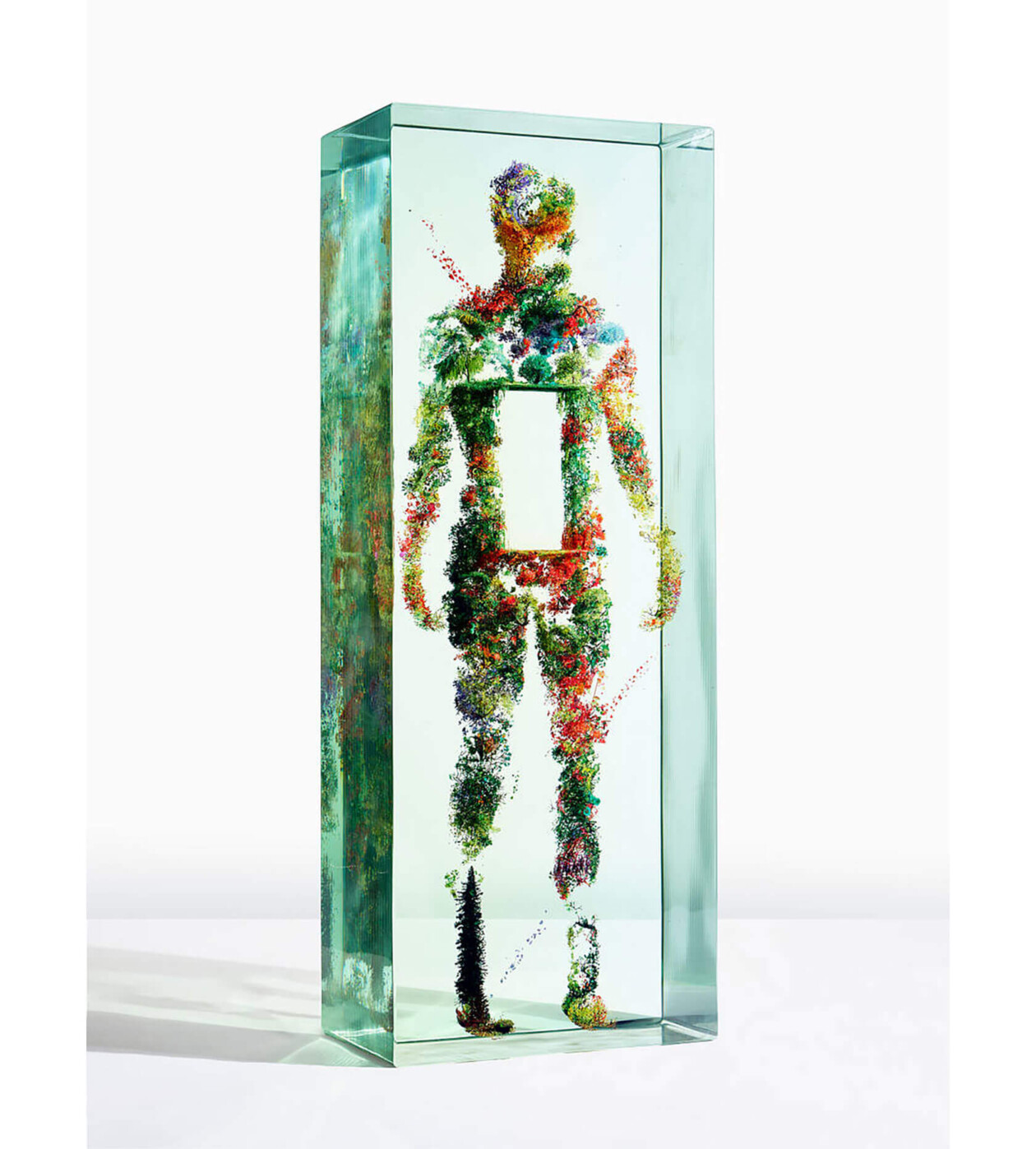
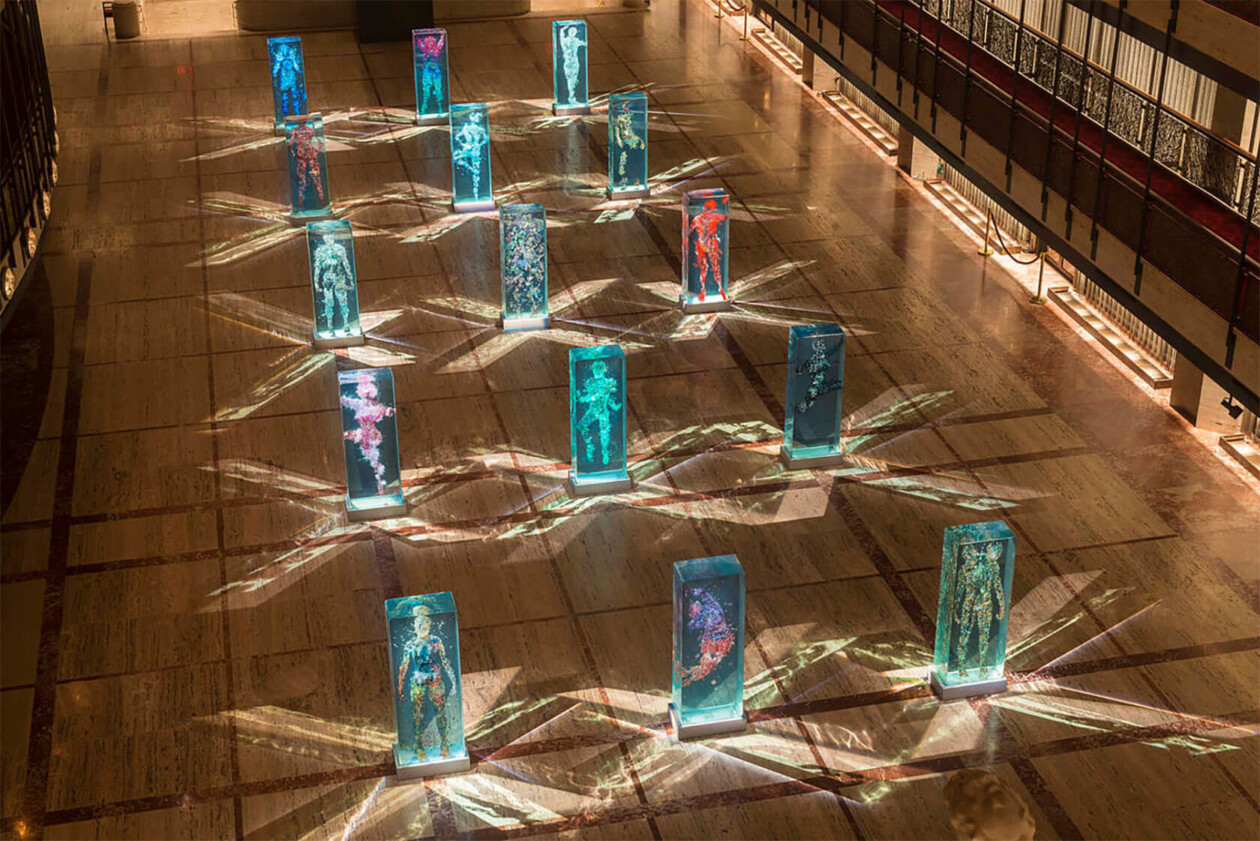
 in Bahia.
in Bahia.